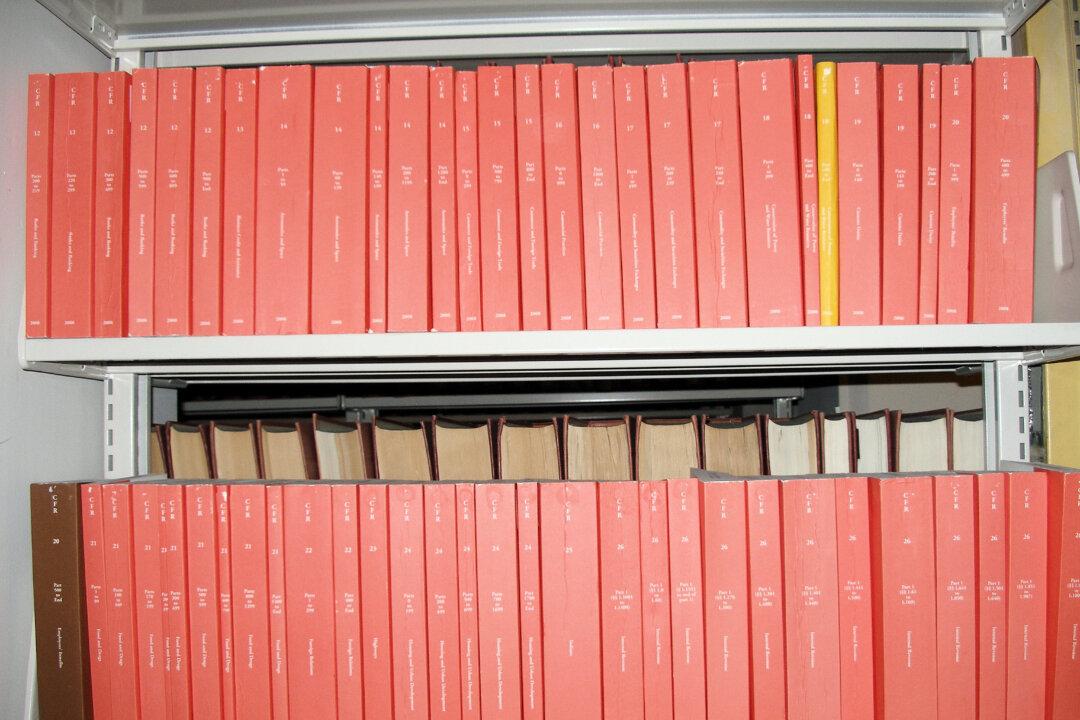Many interest rates in the United States are close to zero and even negative in some parts of the world, like Japan.
Not unexpectedly, U.S. savings rates are also quite low as individuals ask themselves: “Why save a lot of money at a bank if I get no return?”
This situation has many commentators wringing their hands because low savings rates are a problem for many reasons.
Why save a lot of money at a bank if I get no return?




